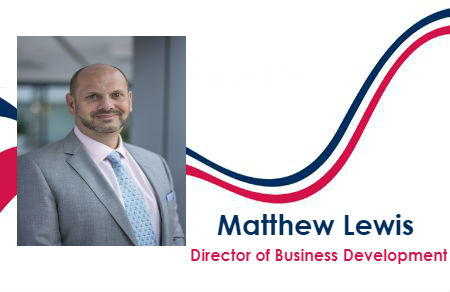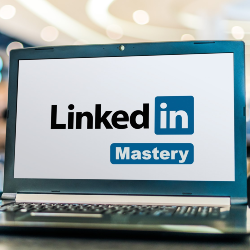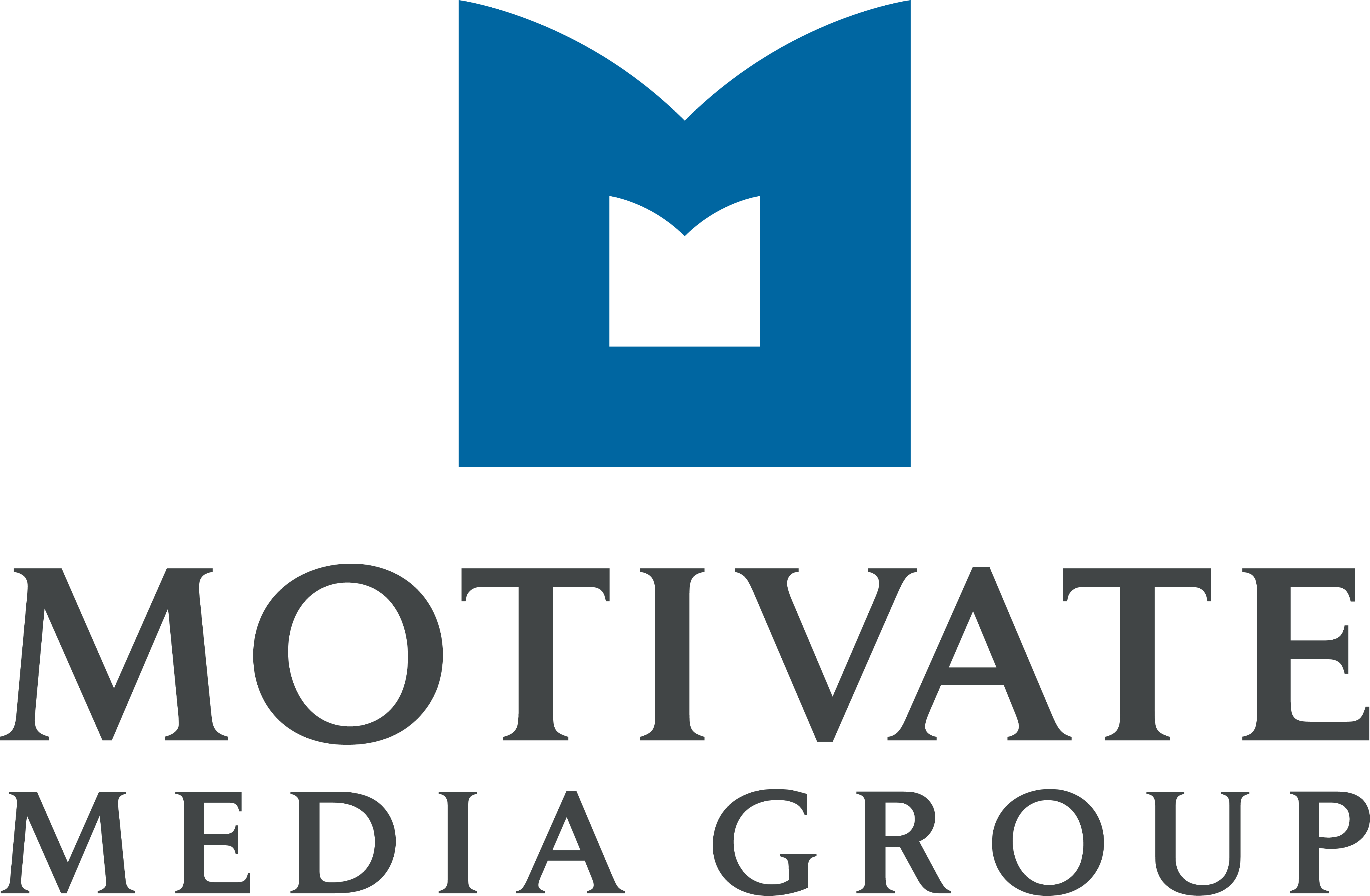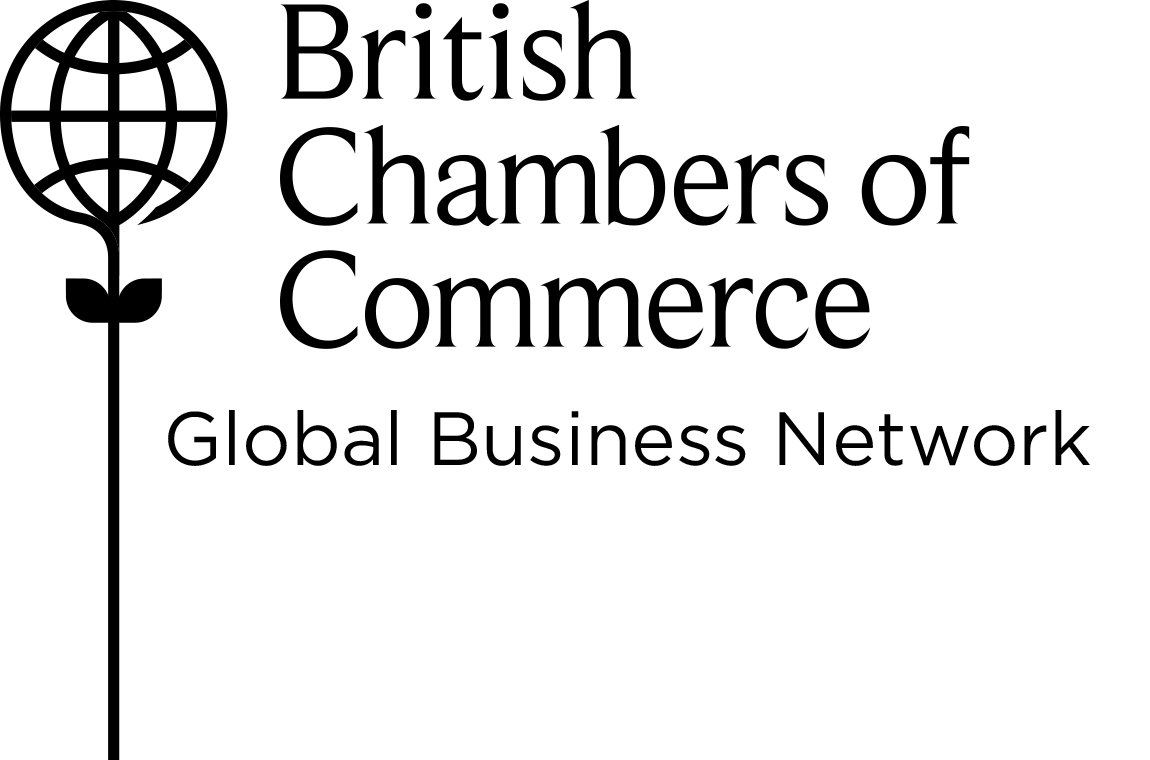EQ is essential, CQ is critical, AI is the future!
Date Posted:Tue, 27th Mar 2018

A lot has been written on how EQ is the new IQ and why Emotional Intelligence in managers and leaders is as important, if not more, that pure intellect. We witness that on a daily basis when we see poor management or leadership in companies and government departments. Whilst this is critical to succeed in business, and essential to gain the trust, respect, engagement and commitment of employees in the Middle East region, we must not forget another critical component. CQ, or Cultural Intelligence, is probably even more acutely significant as a management skill given the broad range and mix of nationalities in the UAE. If you think back to working in your home country, generally everyone spoke the same language, may have had the same religion, and have come from the same part of the country. So you may have had some minor regional differences, and maybe even supported different sporting teams, but generally everyone was speaking the same language, and therefore at least reading from the same book, and on the same page. In the UAE, we are all dealing with an eclectic mix of ages, nationalities, religions and beliefs, which transcend the work environment and muddy the waters. To use the sporting analogy, we may be on the same pitch but we are all playing different sports - we are not even in the same library!
It is not surprising therefore that people run into each other, and may not even understand the common game or agenda, and what we are collectively trying to achieve. This quickly leads to “lost in translation” management and a great deal of wasted time and energy, and a loss of efficiency. This in turn can lead to frustration, stress, disengagement, poor health, absenteeism and lost opportunity.
There is no simple or easy answer to managing or leading in this environment, but after studying regional management and leadership the past 11 years, there are a few simple tips and ideas I have seen that you can apply, and that should work in most environments:
- Seek first to understand: Find out what drives, motivates and inspires your team. For some it is money, for others it is freedom, for others it may be security. Can you treat everyone the same, or can you adapt and present solutions for different people? Some may say this is setting double standards, but if your one rule approach is not working, you may find that you are only pleasing a small percentage of your people and alienating the rest.
- Listen to not only what is said, but what is not said. Actions speak louder than words: People vote with their feet, and their silence. If you not getting input from a person or team it could be that they don’t understand your point, or are afraid of making a mistake. Find out which it is as one size does not fit all.
- Find some common ground. Family, food, sports, media and the weather are great places to start when looking to build rapport and trust. Find out what people like, what they do in their free time, what they watch on TV or what they do on social media.
- Respect and embrace that we have all had a different childhood, upbringing and experiences, which formulate the foundation of our beliefs and the filter through which we see the world. We all have equal rights to our own view, and the beauty in this region is that if you master the art of management here, you can translate those skills globally in the future.
In terms of the future of work, we are yet to fully appreciate the impact of Artificial Intelligence on the workplace, or even the impact on humans and their role. The World Economic Forum is predicting that millions of jobs could be replaced by robots and automation. This will have an impact on technical roles job opportunities that we cannot yet fully comprehend. Jobs that include human interaction and customer service will last the longest and it is predicted that the only role a robot may never be able to do is that of a hairdresser! Therefore, what is important to ensure is that you are able to future proof your skills and relevance to the marketplace.
IQ may get you in the door, EQ will determine how far you go.
Matthew Lewis
The author is a partner at Boyden Middle East in Dubai, as well as a talent expert and leadership coach, mentor and trusted advisor to CEO’s and family groups in the region.











